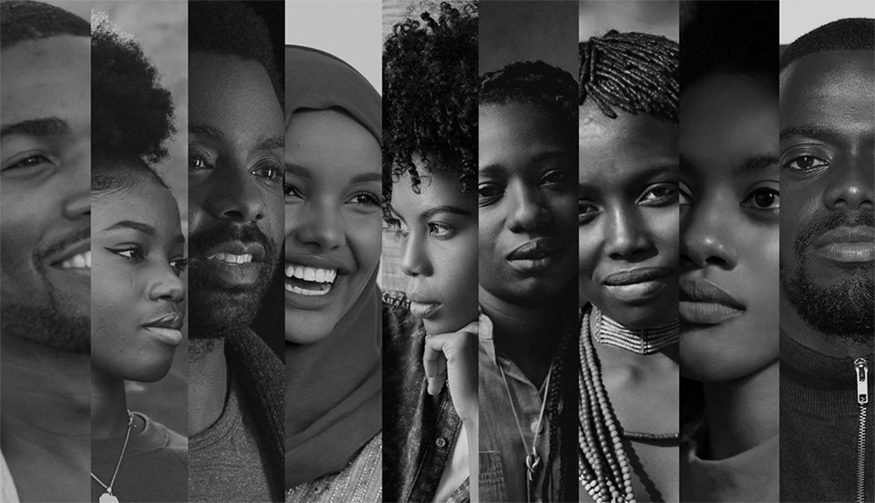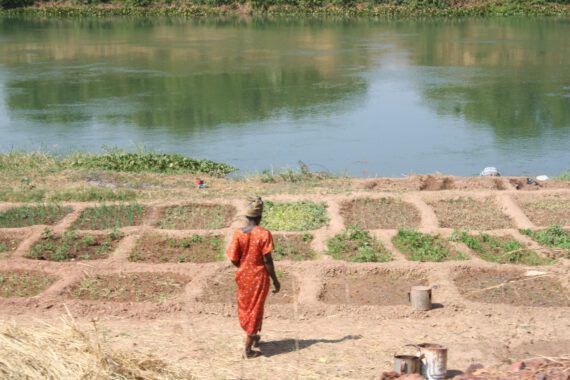By Abiola Afolayan
The United Nations declared 2015-2024 as the International Decade for People of African Descent through Resolution 68/237. Equity is a cross-cutting issue that drives Bread for the World’s work of ending hunger and poverty, which disproportionately impacts persons of African descent. When elevated as a value, equity enables organizations such as Bread to carry out the objectives of the Decade: recognition, justice, and development.
Agriculture was a tool used during slavery and colonial times to build wealth unjustly. Today, agriculture is a tool that can have a lasting influence on lives and livelihoods. Equitable policies in the agriculture sector remain the core ingredient that will enable the economic empowerment of persons of African descent from Iowa to Uganda and everywhere in between.
In response to historical wrongs, the three main objectives of Resolution 68/237 on the International Decade for People of African Descent are central to Bread’s mission: Recognition of the important and far-reaching contributions of persons of African descent in numerous fields; securing Justice by addressing inequities, promoting inclusion, and tackling the root causes of racism and intolerance; and Development—co-creating stronger communities with persons of African descent in the context of achieving the U.N. Sustainable Development Goals.
One of Bread’s major areas of focus for the past few years has been the Global Food Security Act (GFSA). Bread’s advocacy was instrumental in getting GFSA enacted by Congress. This is the legislation that codifies Feed the Future, which has since 2010 been the U.S. flagship global food security program. Feed the Future focuses on increasing economic empowerment through agricultural productivity and food security, strengthening families’ livelihoods so they have more options in times of disaster or other extreme disruptions, and improving maternal and child nutrition. Eight African countries are currently on Feed the Future’s target country list.
Newer initiatives also offer hopeful signs, such as a commitment made in September 2021 to increase funding for food systems transformation, which includes programs to expand climate-smart agriculture, improve nutrition, prioritize the needs of women and children, reduce post-harvest crop losses, and more. Racial equity in the agricultural sector is a key ingredient of greater prosperity among persons of African descent in rural areas.
This Black History month in the United States, we recognize the equity work of W.E.B. Du Bois and Mary McLeod Bethune. Du Bois and others worked for decades to lift up the voices, perspectives, interests, and needs of Africans and African Americans on the global stage. They emphasized the interconnectedness among persons of African descent around the globe.
In 1945, Du Bois and Mary McLeod Bethune were among very few people of African descent to participate in meetings being held to establish the United Nations. At that time in history, many countries in Africa were under colonial rule.
Du Bois, Bethune, and others pointed out that the rights denied people in colonized countries were inseparable from the civil rights denied African Americans in the United States—and incongruent with the peaceful world that the United Nations sought to build.
The GFSA, the International Decade for People of African Descent resolution, the work of civil rights activists, and organizations such as Bread underscore that everyone has a role to play in ending hunger and poverty and promoting equity.
Abiola Afolayan is senior international policy advisor with Bread for the World.



